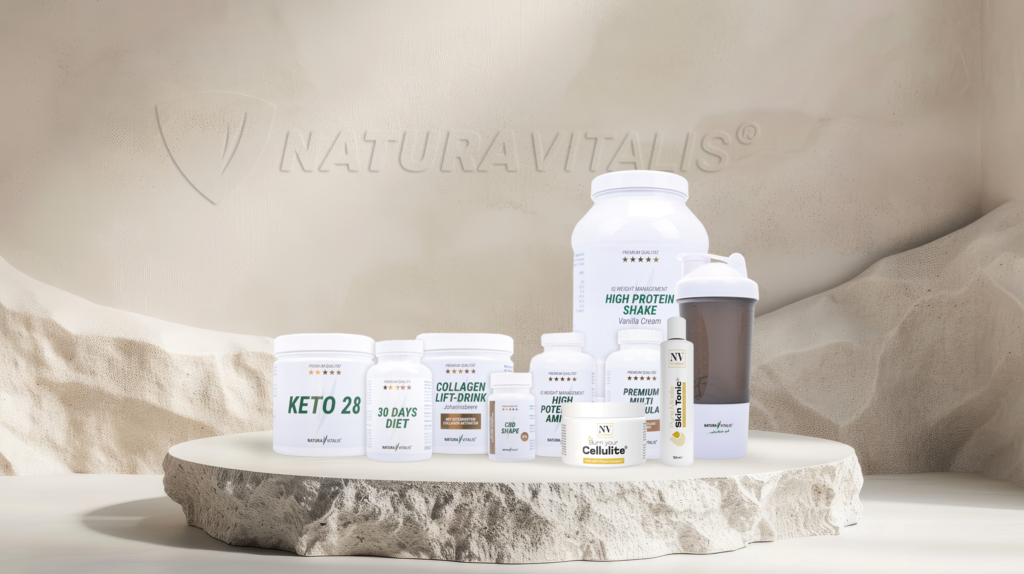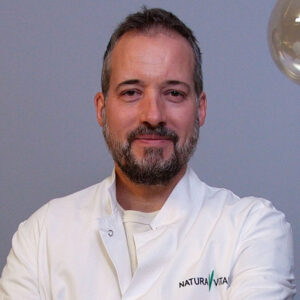Regular exercise and physical fitness are crucial to maintaining physical and mental health into old age. Scientifically sound findings show that exercise goes far beyond simply maintaining physical performance - it plays a central role in preventing illness, improving quality of life and delaying the ageing process. Muscles in particular are increasingly becoming the focus of anti-ageing research, thanks to pioneering work by experts such as Dr. Gabrielle Lyon.
Muscle mass: more than just strength
Dr. Gabrielle Lyon, a leading expert in the field of muscle health, emphasizes that muscle mass is not only crucial for physical performance and strength, but also for overall health and aging. She describes muscle as the organ of longevity. Lyon explains that maintaining and building muscle has a significant impact on metabolism, immune function and hormone balance:
"Muscles are more than just engines that generate power. They are the largest metabolic organ in the body and play a key role in regulating body composition and fighting inflammation."
Muscle mass is lost with increasing age - a process known as sarcopenia. This muscle atrophy begins as early as the age of 30 and accelerates from the age of 50. Without countermeasures, this leads to a loss of mobility, an increased risk of falls and a reduced quality of life.
The science behind movement and muscles
Recent studies show that regular strength training is one of the most effective ways to prevent muscle loss. A study published in the Journal of Applied Physiology shows that strength training two to three times a week significantly improves muscle mass and strength in older adults and reduces the risk of age-related diseases such as osteoporosis, diabetes and cardiovascular problems.
Dr. Stuart Phillips, a leading researcher in the field of protein and muscle health, emphasizes the importance of muscle training for older adults: "Loss of muscle mass is one of the biggest risk factors for disability in old age. Strength training and adequate protein intake can significantly slow down the ageing process."

Exercise as the key to prevention
Regular physical activity has far-reaching benefits that go beyond maintaining muscle mass. Exercise promotes cardiovascular health, strengthens bones, improves joint function and supports the immune system. In addition, studies show that people who exercise regularly have a lower risk of chronic diseases such as heart disease, strokes, diabetes and certain types of cancer.
According to the World Health Organization (WHO), adults can reduce their risk of chronic disease by up to 30 % through 150 minutes of moderate exercise per week - such as brisk walking or cycling. In addition, strength exercises improve not only physical but also mental health by reducing stress and lowering the risk of depression and dementia.
The influence of exercise on ageing
In addition to muscle mass, exercise also plays a key role in the anti-ageing process. Exercise reduces oxidative stress, which is considered to be one of the main factors in ageing. Regular activity also strengthens the mitochondria - the "power plants" of the cells - which improves energy production in the cells and slows down the cell ageing process.
Dr. David Sinclair, a leading expert in aging research, describes exercise as one of the best ways to slow down aging: "Regular exercise keeps cells young, improves DNA repair and protects against age-related diseases."
Summary: Exercise for a long and healthy life
Science agrees that exercise and maintaining muscle mass are the key to a long, healthy and vital life. By exercising regularly - especially strength training - you can not only prevent muscle loss, but also improve your metabolism, prevent chronic diseases and slow down the ageing process.
The findings of Dr. Gabrielle Lyon and other experts underline that muscle is a key organ that helps us stay fit and healthy into old age. "It's not just about how long we live, but how well we live." - Dr. Gabrielle Lyon

